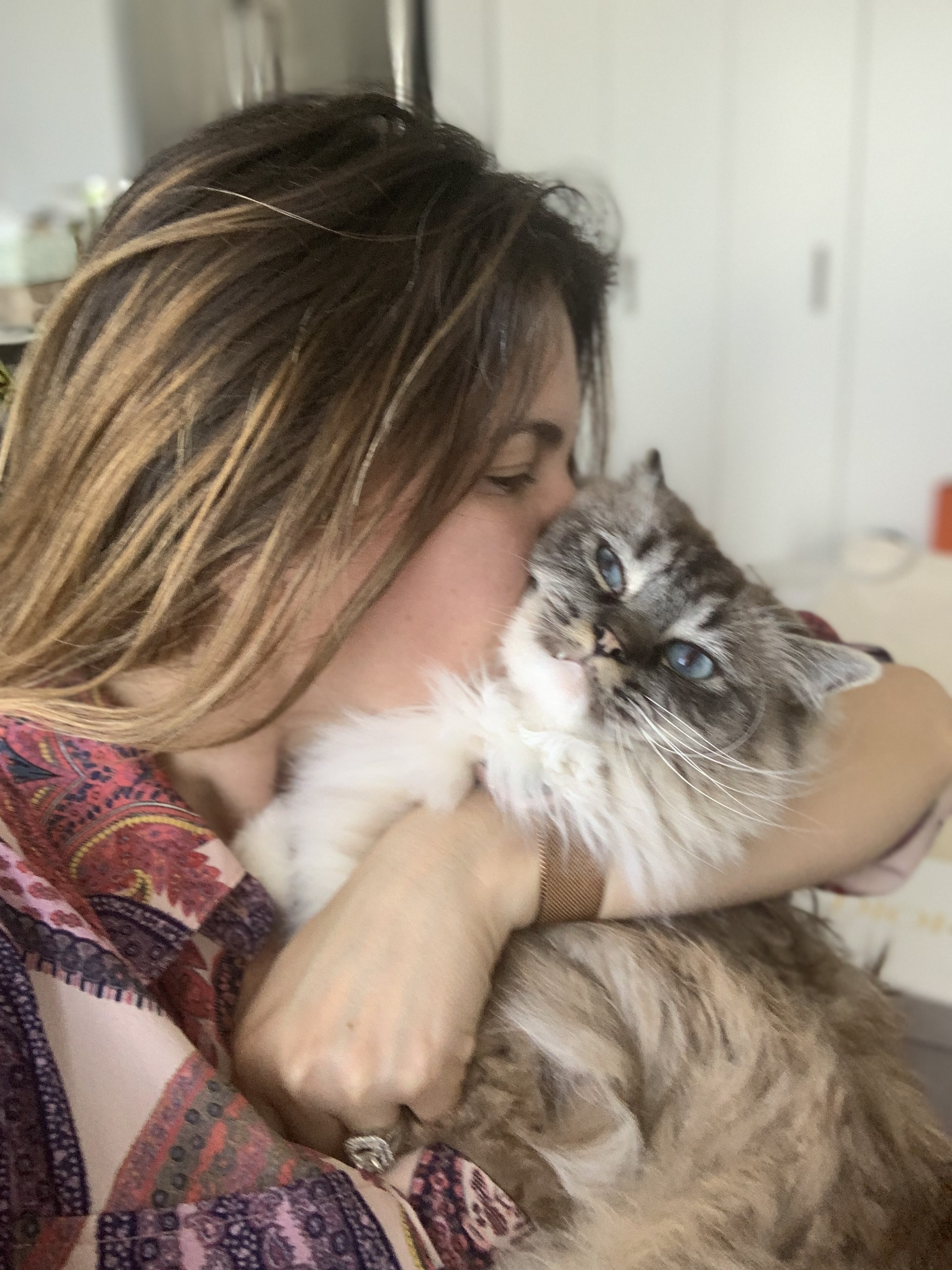

Do Cats like to be alone?
Chances are your cat likes to stay to him or herself most of the time, so you might think they don’t even notice your absence each day after you head to work. Actually, you’d be surprised at how much they do notice.
As independent as they are, cats still crave attention and interaction. Plus, they can get in all kinds of trouble when left home alone. Dangling cables, poisonous plants, chemicals, plastic bags, paper shredders – all these things pose huge threats to your little feline explorer.
Regardless of their reputation, cats do get lonely when they are left unattended for long periods of time. They are social beings that form strong bonds with their owners. When their needs for companionship are not met, cats can become depressed. They can also get separation anxiety.
Unfortunately, feline separation anxiety often goes unnoticed until it becomes severe. Unlike dogs with separation anxiety, cats will not trash your entire home or annoy the neighbors with excessive barking and howling. But, your kitty may start acting more clingy, stop using the litter box, and meow excessively.
Why should I book a cat sitter instead of placing my cat in a boarding facility?
“Cats are territorial and it’s typically much more stressful for them to be placed in an unfamiliar environment, especially if that environment contains the sight, scent, and sounds of other animals,” says Pam Johnson-Bennett, cat behavior consultant and owner of Cat Behavior Associates, LLC. “When cats are placed in a boarding facility, they get the double whammy of not having the cat parents around as well as losing their territory.”
Can a kitten be left alone at home?
You can leave a kitten home alone for short periods of time. Kittens younger than four months of age should not be left alone for more than a couple of hours. Over four months, they can handle up to five hours. When they turn six months, they should be able to handle your 8-hour workday.
Here’s a rough estimate of how long you can leave your kitty alone based on age:
| Age | Time Alone |
|---|---|
| Under 4 months | 2-4 hours |
| 4-5 months | 5 hours |
| 6 months | 8 hours |
| Healthy grown-up cats | 24-48 hours |
Keep in mind that this is the maximum amount of time you should leave your cat home alone. Beyond this time, you should get somebody to check up on them. It’s vital that your pet has enough food, fresh water, and a safe place to sleep. Also, remove any sharp items and poisonous plants.
Do cats miss their owners?
Cats form very strong bonds with their human companions and family members. Even though they may play it cool, they will notice you’re gone and they will miss your attention. If your cat starts meowing loudly when you leave the room, that’s one sign they miss you.
Other symptoms may include clinginess, loss of appetite, depression, anxiety, vomiting and diarrhea, and house-soiling.
How long can you leave a cat home alone during the day?
You can leave a healthy adult pet home alone for 8 hours or more at a time. Cats are generally more independent than dogs. You can go to work without having to worry that your cat will trash your entire place or upset the neighbors. But, if your cat has a health issue or separation anxiety, get a pet sitter to minimize their time spent alone.
What is at stake if I leave my cat alone at home for longer than 24 hours?
Whenever you need to leave your cat alone for more than 24 hours, you should have somebody checking in on them.
Here are some situations that might occur if the cat does not have someone checking in on them:
- Your cat can run out of food and water
- Food and water can go bad and cause health issues
- There can be weather changes that will affect your cat’s well-being
- Your cat can get ill or injured
- The litter boxes will be full, and your cat will start house-soiling
- Your kitty can get lonely, depressed, or anxious